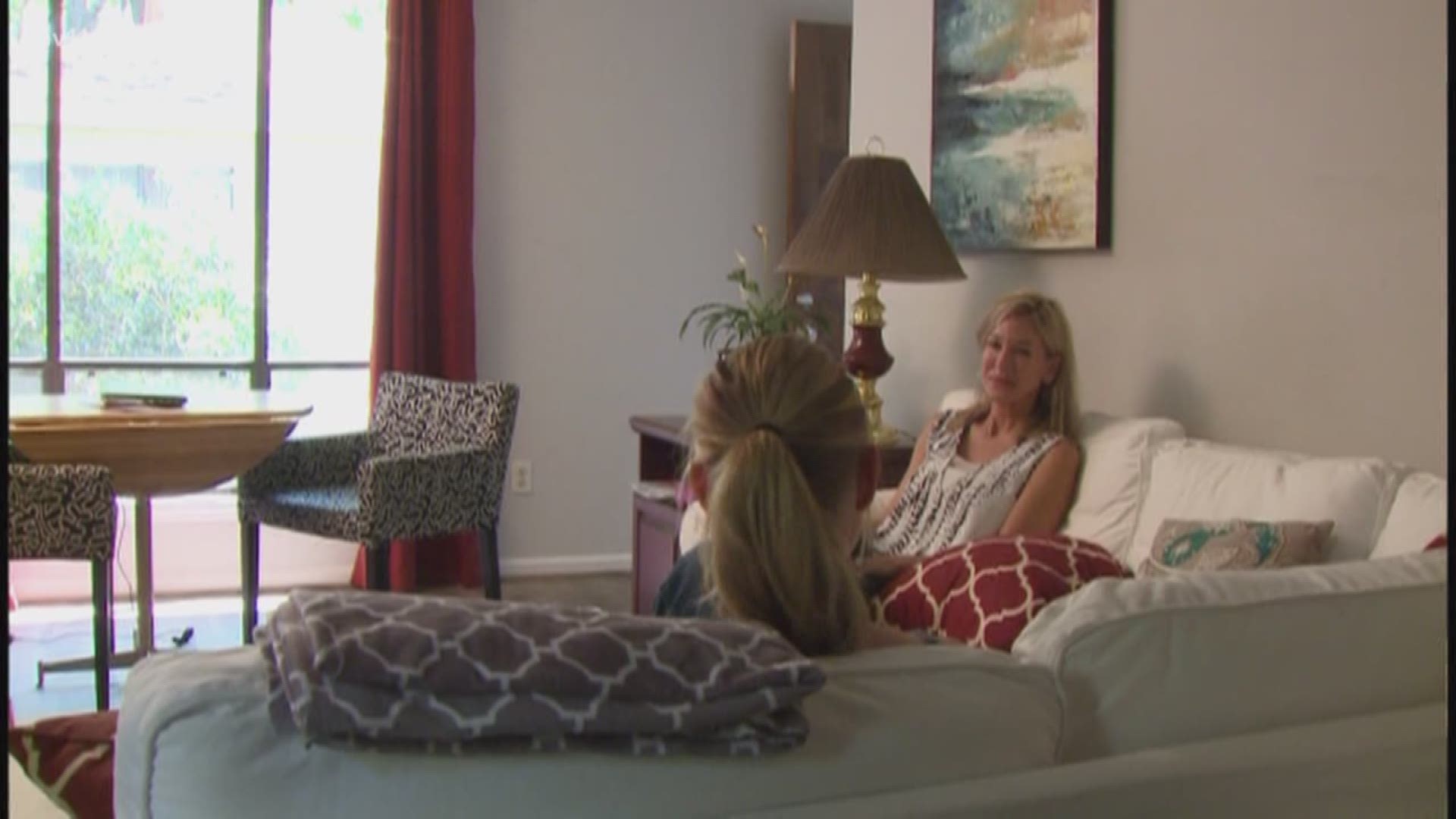LITTLE ROCK, Ark. (KTHV) – The journey to sobriety can be challenging, which is why knowing your recovery options is crucial.
There are several treatment options available, such as residential, outpatient and transitional housing. People with addiction often start with a 30-day, short-term program like the one offered at Oasis Renewal in Little Rock.
“A lot of times what we see is people have life issues that create the drug and alcohol addiction,” Therapist Mindy Moore said.
She said that treatment facilities use dual diagnosis to treat physical and mental health.
“Our clients have access to psychiatrist, so they are evaluated for which types of treatment are best for them. They also have access to medications,” Moore said.
Oasis provides a family environment, which she thinks helps with finding success in recovery.
“Our maximum is 24 beds so we have a very intimate group here,” she said.
The next step down from a residential short-term program is an outpatient treatment center.
“Our capacity for our intensive outpatient right now is 20 and we are at 20,” Regional Director of Bradford Health Dori Haddock said. “And partial hospitalization is 10 and we are at six right now.”
Haddock said partial hospitalization is six hours a day, five times a week at their facility.
“They get yoga one time a week, they meet with a dietitian once a week for meal planning and learning how to live a healthy lifestyle. We have a financial component to help them learn some daily living about financing and budgeting,” she said.
Intensive outpatient at Bradford is three hours a day, five days a week.
“We offer a family group that is specific for outpatients and their family members to come to the three-hour group to help kind of bring in the whole gambit of what’s going on,” she said. “And then from that they can step down to outpatient counseling which is weekly or twice a week therapy sessions.”
The next step down from residential and outpatient treatment centers is transitional housing, such as Dills House, which is strictly for women.
“Women come here to get sober or they have been sober for a while and they want a sober living environment,” Founder of Dills House Dr. Caroline Ford said.
Dills House has a capacity of 16 beds and they rarely have a spot open.
“They live two to a bedroom and they share a small bathroom. And they've got to be able to get along with each other, that's been the big experience,” she said.
At Dills House the women have to pay rent, work and pass a drug test.
“If you want to stay sober and be around other women that are also trying to do the same thing, it's very effective,” she said.
So, which one of these options is the most effective? No treatment is better than the other. Each facility we talked to said it comes down to how serious a person is about changing their life.
“Everyone has their own path to recovery,” Ford said.
Renewal centers offer all the tools to recovery, but it’s only successful if people are willing and ready for the treatment.

